Amazon Wholesale vs Private Label: Selling on Amazon 2022
Amazon wholesale vs private label is two completely different ways to sell products on Amazon.
Amazon wholesale is the process of establishing business relationships with US-based suppliers and distributors in order to get access to a catalog of brand-name goods at a wholesale price.
Private label, on the other hand, is about discovering a high-selling niche on Amazon and manufacturing your own goods most commonly from China, after which creating your own listing on Amazon to control all sales and branding.

Pros of Amazon Wholesale?
The pros of the wholesale model are that you can get wholesale products at discounted prices because you’re buying in bulk, and you have access to a wide variety of brands and wholesale products which allows you to minimize risk, we call this buying wide rather than deep.
You don’t have to be concerned about long wait periods or headaches associated with manufacturing your own brand of items and dealing with the customs issues that may arise when shipping from China.
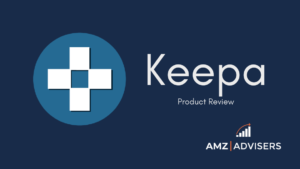 One of the most significant advantages of selling wholesale products on Amazon is that you have a track record of how quickly items have sold and at what price, allowing you to make an informed decision when purchasing goods to ensure profitability. By utilizing a tool called Keepa, which has kept track of all the information regarding each product like how fast the wholesale products have sold, who has sold it, how many sellers are on the listing, and most importantly how much has the product sold over the lifespan of the product.
One of the most significant advantages of selling wholesale products on Amazon is that you have a track record of how quickly items have sold and at what price, allowing you to make an informed decision when purchasing goods to ensure profitability. By utilizing a tool called Keepa, which has kept track of all the information regarding each product like how fast the wholesale products have sold, who has sold it, how many sellers are on the listing, and most importantly how much has the product sold over the lifespan of the product.
Another benefit of dealing with actual US bases wholesale suppliers and distributors are that, should Amazon ever ask you to submit invoices to demonstrate that your goods are genuine, you will have proof of purchase to retain your account from being closed or suspended. This allows you to scale your wholesale business model by buying hundreds of different products rather than just one so if something goes wrong with one product it won’t turn your profit into a loss. Also, by learning how to get bulk discounts from your wholesale suppliers, you may improve your ROI and minimize the danger of price reductions to guarantee that your Amazon business is even more resilient.
The wholesale model is a long-term business that will produce higher profits if you cultivate relationships and increase purchase orders over time.
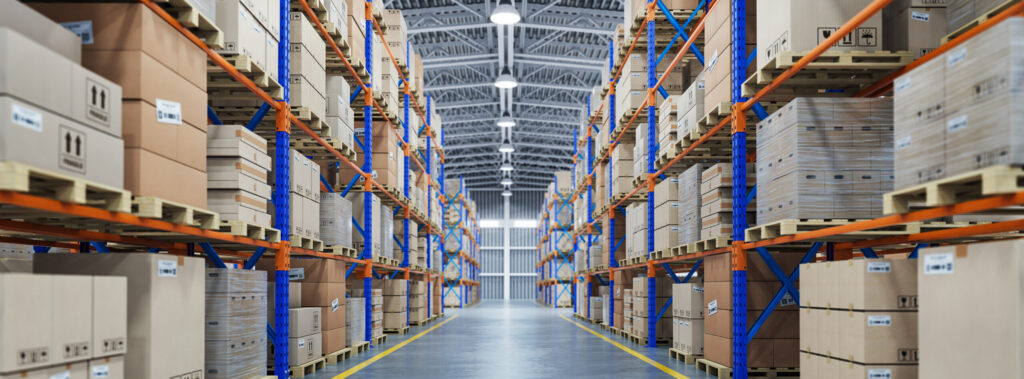
Another huge benefit of wholesale vs private label is that as long as you start your Amazon wholesale business under an LLC you can sell your account.
A wholesale company is worth a lot of money, especially if you’ve seasoned the account, which means it has achieved sales for more than three months even if they aren’t that many. People will purchase these seasoned accounts to start dropshipping on which can be extremely profitable. Dropshipping does come with more risk and but you are also flipping your money every 2 weeks which makes it extremely easy to scale.
The final advantage of wholesale vs private label is that you can establish relationships with a private label brand that has already done the legwork of manufacturing and building a brand and purchase their wholesale products at a discounted price. Not every private label seller concentrates on selling on Amazon so you can be their middle man.
This takes more time than setting up accounts with suppliers and distributors but has a much larger reward of more sales and higher ROI’s.
Cons of Amazon Wholesale?

The major disadvantage of the wholesale business is that you are limited to products that are already on the market. You can’t invent your own product, which to some is a significant drawback and others a benefit but if you want to keep all the sales and not share them with other Amazon merchants, this is a major negative.
Another disadvantage of selling wholesale vs private label is that finding quality suppliers and distributors can be difficult, and without good suppliers, you’re going to have a tough time making the wholesale prices work with your retail price.
Third, you are not able to update any branding like you can with private label products to promote the wholesale product that you offer. It will be difficult for consumers to recall who they purchased their wholesale items from in the future.
To sell wholesale, you need to have a significant amount of capital to get started, as you’ll need to purchase large quantities of branded products in order to get discounts. You may begin with less than a thousand dollars but understand that it will take time for your business to grow and you will need to reinvest your profits back into the business model.
You’re also restricted by what is available through your wholesale suppliers which may or may not include the latest and greatest-selling products or being able to rebuy the profitable products that you have bought before.
The final drawback is that you’re sharing sales with other 3rd party Amazon wholesale sellers in which case the price may be lowered by other amazon sellers and you may be forced to sell your items at a reduced rate.
Pros of Private label?
 One of the best benefits of being one of the private label sellers on Amazon is you get full control of your brand. When you’re the brand owner, you make all the decisions about what it stands for, how it looks, and what products or services it offers. You have more power to shape its future and grow your private label business.
One of the best benefits of being one of the private label sellers on Amazon is you get full control of your brand. When you’re the brand owner, you make all the decisions about what it stands for, how it looks, and what products or services it offers. You have more power to shape its future and grow your private label business.
With Amazon private label, you can create a unique identity that sets you apart from other people selling private label products in your industry. This can help you attract customers who are looking for something different or unique in private label products.
Since you’re the one producing your private label products you not only get to control the price of the existing product on Amazon but you profit from each and every sale coming from the product listing on Amazon.
By producing products in China, Indonesia, and other countries where labor is cheap and production costs are low, you get lower prices which leads to higher ROI’s.
You may also sell your private label products on other platforms, such as Shopify or brick-and-mortar stores to boost sales beyond Amazon. Or if you have an existing brand or product you can easily increase your sales by becoming an Amazon seller.
If you’re a celebrity, an influencer, or have a big social media following or a large email list, starting your own Amazon private label will be much easier and ensure that private label sales begin immediately.
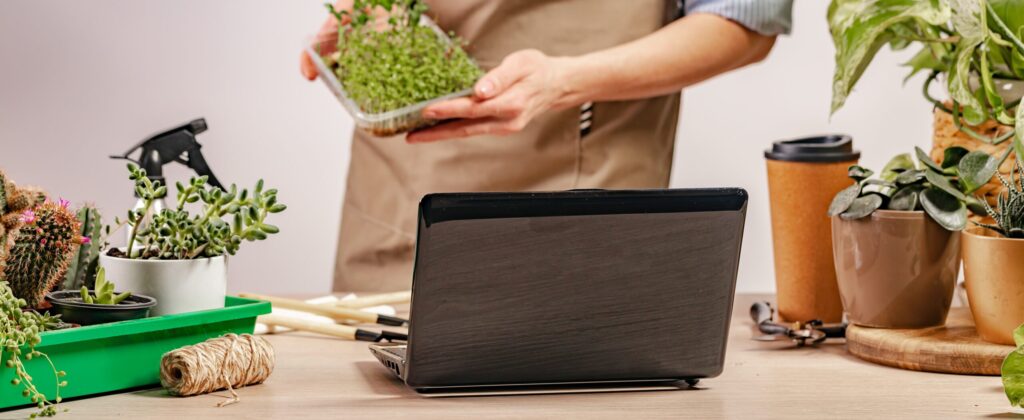
With private label products, you get to create all of your own marketing materials, from amazon descriptions that help sell people on your products to social media posts that can drive traffic to your Amazon listing. This gives you total control over how you want to present your own branded products to potential customers.
One of the biggest pros of private labeling is being able to use your branding, marketing, and manufacturing skills that set you apart from the average person. This is what allows you to get crazy high returns and 100% of the sales.
Cons of Private label?
 The major problem with being one of the many Private Label sellers is that you are putting all of your money into one private label product, and there are a number of milestones that must be achieved in order to begin earning your hard-earned money back with this business model.
The major problem with being one of the many Private Label sellers is that you are putting all of your money into one private label product, and there are a number of milestones that must be achieved in order to begin earning your hard-earned money back with this business model.
Finding a reputable private label manufacturer might take some trial and error. There’s a good chance you’ll have to deal with many manufacturers before finding something that works for your desired private label products, resulting in more time and money spent on getting it right.
Another concern is that you may get less established or inexperienced manufacture that does not specialize in the right type of private label product design, resulting in low-quality or final designs you aren’t happy with. This can lead to a high risk for errors that you hopefully catch before shipping your private label products back to the US.
If this does happen, then there could also be long waiting times while replacement orders get shipped out, which causes further delays making shipments late again. Since selling private label products has a high turnover rate, you will need to keep a lot of inventory on hand, and the result is more money spent on storage costs.
Shipping from countries like China means you have to deal with customs and if not careful your private label products can get held up or even seized. So you need to have a lot of knowledge and understanding around shipping or work with a knowledgeable freight forwarder to help you minimize risks.

The final drawback of doing private Label vs wholesale is you have to market your private label products to get sales, it’s not as easy as manufacturing a product and putting it on amazon otherwise everyone would do it. You’ll have to spend a lot of money on marketing and understanding PPC (pay-per-click) which will eat up all your profits and even lose you money if you don’t know how to optimize your campaigns or if your product doesn’t stand out or has too strong of competition. Also, most people recommend you build a brand and not just manufacture a single private label product to be successful, so you have to wear a lot of hats with private label vs wholesale to be successful and can lose your whole investment if one link of the chain breaks.
Legal Responsibility
The legal liability of sellers is another factor to consider when comparing Amazon wholesale vs private labeling. The Product Liability Act requires trademark owners to take responsibility for their goods. This might occur if this product was to blame in an accident.
It’s crucial to distinguish whether you’re the manufacturer, importer, or seller when it comes to legal responsibility. The choice of whether you’re selling Private Labels or Wholesale has an impact as well.
Responsibility of Private Label Sellers
Deciding whether Amazon Wholesale vs Private Label is frequently settled because each role has different legal responsibilities. You are the one legally responsible for your own product as a Private Label Seller.
If one of your skin lotions has a hazardous flaw, not only will your company’s reputation be damaged, but you will also face potential legal ramifications.
Amazon Wholesale VS Private Label: Which one is best for you?
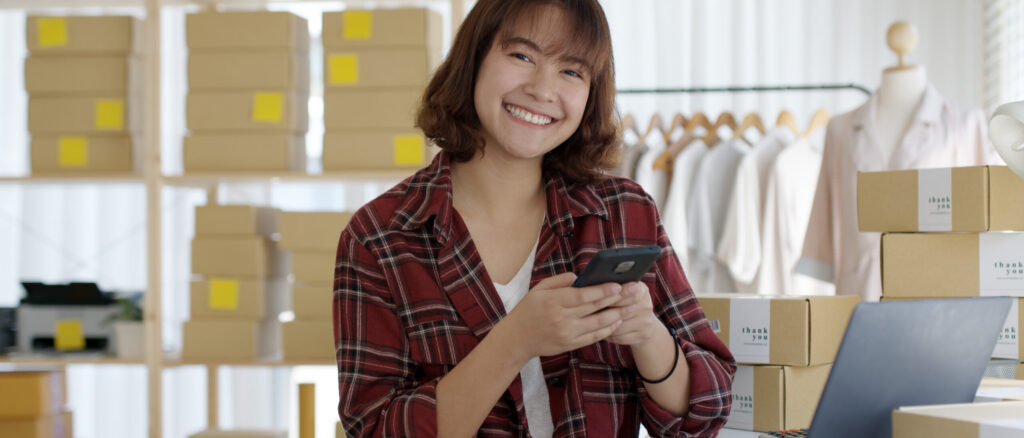
If you’re just getting started with Amazon and don’t know where to begin selling wholesale vs private label, I’d want to ask you a few questions.
1. Do you already have a following on social media that you can market too?
If you answered yes, then I recommend taking a look at creating a private label product that you already know your client base would like. Another excellent option is to establish an affiliate account with comparable goods and test it on your social media following or email list to see how much of the product you can sell and see if they’re interested in it at all.
2. Are you not sure the best way to start but want to understand the business before you invest too much money?
If this describes you, I would suggest starting with wholesale since it is considerably easier to start up than private label and you may do so for a relatively low investment. You’ll acquire a ton of information about Amazon’s inner workings, and if you choose to do private label in the future, it will be quite beneficial.
The nice thing about selling wholesale is that, if you make a bad purchase, you will rarely lose all of your money. I usually urge new Amazon sellers to acquire a test purchase early on in order to reduce risk and discover what sells and what does not.
Let’s say a $5 item sells on Amazon for 15$ and then falls to $10 because another vendor decreased the price. You have two alternatives: wait out your competitor or reduce your price and go from making $4 per sale to losing $1.
If this happens and you only purchased 12 items to get ungated in a certain category. Since we advise beginning a new account by doing test orders of 12 units, you will only lose $12 but hopefully acquire important knowledge that can help you make better purchases in the future and become a better Amazon seller.
3. Do you have a brick-and-mortar store?
Is it a yes? Then, of course, you should start with the wholesale business model; the fact that you have your own business allows you to interact with a larger number of suppliers who only supply brick-and-mortar shops. The aim of this is to make it possible for you to progress from the 20-30% return on investment range all the way up to 100%.
The second advantage is that you may get items with less competition, where consumers are following the MAP pricing, resulting in higher sales and fewer people undercutting the price, which lowers your ROI. The Minimum Advertised Price (MAP) is the pricing at which a manufacturer offers his product for sale. If you don’t follow this rule, many brand owners will no longer sell to you.

4. Do you already have a brand or have a lot of experience in marketing?
If you have experience in brand creation, you’ll be well aware of all the headaches and moving pieces that go with launching a new private label product. The most pressing problem I encounter with private label is that people believe it’s as simple as creating a product and putting it on Amazon Marketplace.
That is not the case. Here are some skills needed in order to be successful with the private label business model.
Product Development, Logo, Graphic Design, Product Photography, Persuasive Copy, Amazon Seller Central, Product launch techniques, PPC, Facebook Ads, Web Development, Capturing Emails, and Retargeting.
Now, these are only a few of the many things that you’ll need for each product launch. Of course, every product launch does not require every one of these; however, understanding a percentage of them can help when it comes to wholesale vs private label.

Final Thoughts
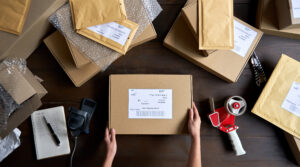
With wholesale, there’s less risk of losing money, and it also comes with the benefit of being able to switch your account to a dropshipping after three months of seasoning it or selling it later if you discover the Amazon business isn’t for you.
I’d only recommend Private Label to people with marketing and branding expertise or who truly believe they have a unique product that they’re desperate to launch. Also, it may be a wonderful approach for you if you already have an audience. I still advocate testing affiliate items to see what your consumers would buy before spending thousands of dollars on a single item.
I hope this post has provided you with more information on Amazon Wholesale vs Private Label and has helped you decide which Amazon business model is ideal for you.
Click the link here if you’re interested in selling on Amazon wholesale. We have the most affordable starter package on the market, which provides you with hands-on expertise at a low cost.
If you’re certain that private labeling is the best option for you, we recommend a firm to assist you to take your concept from idea to reality unless you have the skills or knowhow mentioned above.
